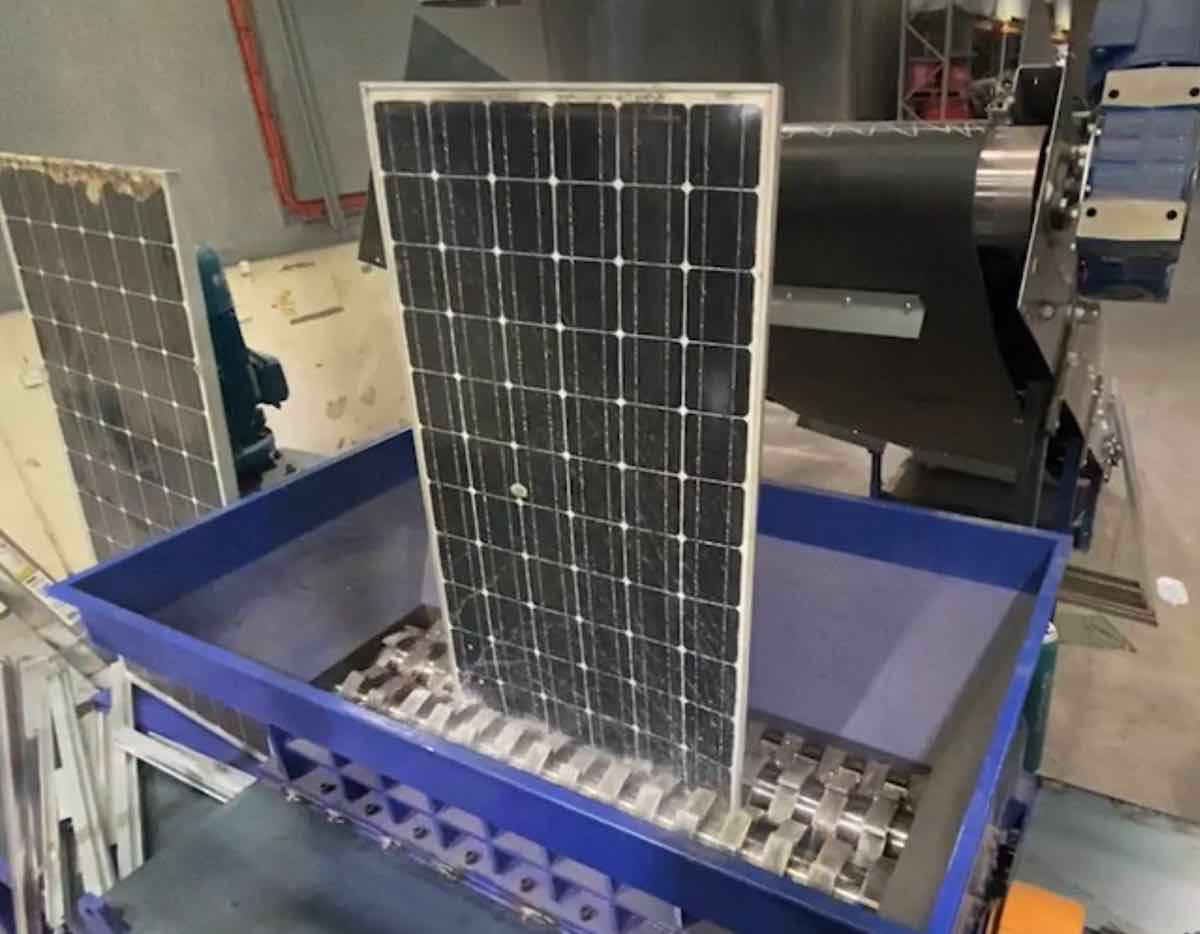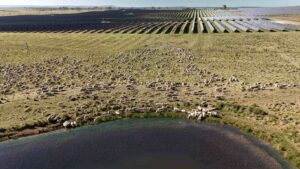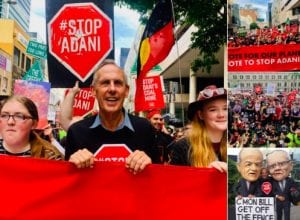Federal environment minister Sussan Ley has used a National Press Club speech to issue a warning to Australia’s solar industry to get cracking on an industry-wide approach to recycling PV panels which, she said, loomed as “a landfill nightmare.”
In a speech that ranged from the minister’s teen years in Canberra, when she was “proudly, the only punk rocker in Australia who actually would have voted for Margaret Thatcher,” to being “one of the more trolled politicians in the country,” Ley outlined her vision for Conservative conservation.
“We need practical local action and strategic global conversation, like we have seen from the Prime Minister at the G7 in Cornwall this week,” Ley told the Press Club luncheon on Wednesday.
But the minister’s speech also focused on Australia’s waste and recycling problem, and efforts being made to solve it in time to meet the Morrison government’s 2020 commitment to phase out exports of unprocessed waste by 2024 and recycle 80 per cent of our own waste by 2030.
Ley said that the ban would remove the equivalent of 40,000 shipping containers of waste exports each year and described the shift to onshore waste processing and recycling as a challenge that extended well beyond plastic, tyres, paper and glass.
“[The waste problem] starts well before throwing things away,” Ley said. “We need business and manufacturers to think about ‘recyclability’ in the design manufacture and packaging of their goods.”
The minister then turned her focus on the “solar panel industry,” declaring that it was “on notice” to find a comprehensive nation-wide solution to recycling and avert a landfill nightmare.
“…I am announcing today that I am putting the solar panel industry on notice with clear timelines for action,” Ley said.
“The uptake of millions of solar panels across the country from roof tops to solar farms has been vital from an emissions perspective but the explosion of retailers and importers in the area, and the lack of an industry wide approach to collection and recycling, means that it also looms as a landfill nightmare.
“We can’t fix one environmental issue by creating another.”
All of this is true, of course, and will get no argument from the solar industry, except perhaps to wonder why it was singled out in a major speech over and above so many other urgent and potentially devastating environmental issues.
Industry group the Smart Energy Council has also wondered why the sudden pressure on the solar industry now, when an industry-based “stewardship” proposal recently presented to the federal Coalition was rejected and nothing proposed in its place.
“I have no idea why the federal environment minister is talking about putting the solar industry on notice on solar panel recycling,” said SEC chief John Grimes in an emailed statement.
“The Smart Energy Council submitted a comprehensive proposal to the Australian Government for a National Solar PV Product Stewardship Scheme, working with the solar industry, recycling experts and leading academics and based on global best practice.
“That proposal was rejected by the Australian Government and we have heard nothing since.
Grimes added: “I’m happy to put the Australian Government on notice: We need a national energy policy, we need a national climate change policy, we need a higher emissions reduction target than we had in 2014 and the Australian government should drop its ridiculous, illegal attempt to force ARENA to fund fossil fuel projects.”
The Morrison government has put some money where its mouth is, with its April offer of grant funding to boost the establishment of an Australian clean energy technology manufacturing industry making a point of including solar panel recycling initiatives.
And there have been other government and R&D initiatives – including a $10 million New South Wales grant scheme and various local university-based breakthroughs – helping to drive the solar panel recycling industry along.
Meanwhile, one of the nation’s first PV recycling facilities got up and running in Melbourne’s north in May, run by Melbourne based co-operative Lotus Energy.
Another company, Reclaim PV, announced earlier this month that a new Brisbane solar panel recycling plant would be added to the plant it about to put into action in Lonsdale, South Australia, with further facilities in other major metropolitan areas to come in the next one to two years.
But, as Reclaim has noted, any approach to the solar PV recycling challenge must include a plan to work with industry, commercial solar users and all levels of government to introduce sustainable recovery and recycling practices across the whole supply chain.
Environment group the Australian Conservation Foundation said on Friday it looked forward the Morrison government working with the solar industry to make sure panels were recycled and repurposed and didn’t just end up in landfill at the end of their energy-producing life.
“Equally, we hope the Minister will put other industries on notice about the recyclability of their products – the building industry and the clothing industry are just two sectors that need to get much better at making sure their products don’t add to Australia’s growing waste problem,” said the ACF’s economy and democracy program manager Matt Rose, in a statement to RenewEconomy.
“In fact, it could be argued the coal and gas sectors are among the worst culprits in this sense, as they not only leave poisoned landscapes in their wake, but their products, once burned, are making the climate more dangerous for us and for our children and grandchildren.”






